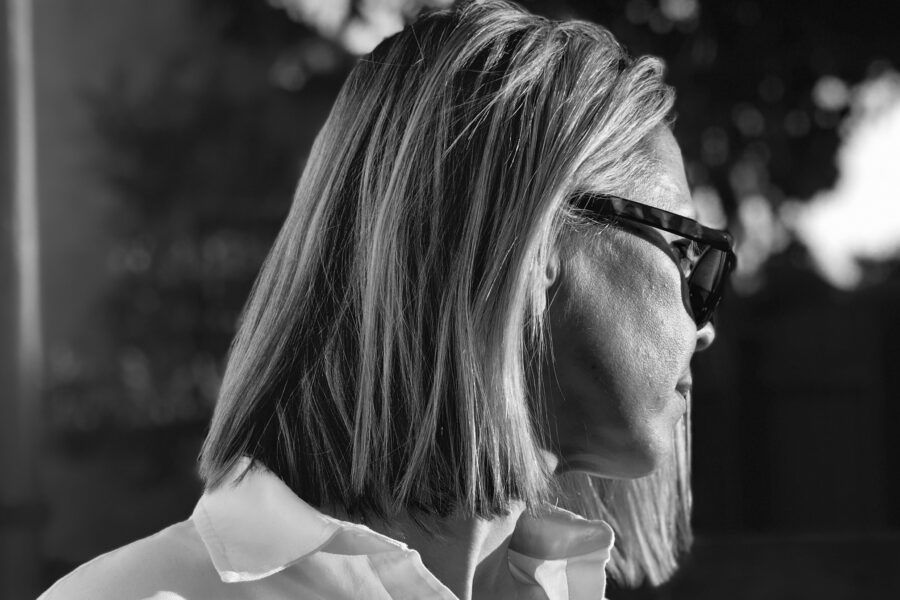Six months ago I started this blog. The inspiration came in the days following a friend’s death and a profound moment I witnessed when her 89-year-old mother pointed out that her dying body did not define her; that her spirit was ageless. It was one of those life-lesson movie moments that rarely come around. A moment so timely and exact that it caused me to stop and acknowledge the low-boil state of panic that had consumed me since turning 50. I wrote a potential blog post about the epiphany and sent it to one of my closest confidants. She immediately replied, publish that sucker. So I proceeded. I learned WordPress, engaged my daughter to take photographs, and came up with a catchy (albeit overused) title. What I didn’t do was consider how large the number 50 actually is, how long it would take me to write 50 essays, and whether or not I even had 50 thoughts in my head. In my excitement to speak my truth, I conveniently forgot that I write at a snail’s pace, that the unwinding of an idea and crafting of something other than a navel-gazing pile of ooze takes me a while. So long, in fact, that once an installment is done, it’s DONE. Out of sight, out of mind. Next week’s post is seven sleeps away, and if I don’t put my butt in a chair and pull out a clean sheet of paper, I’m in trouble.
That said, I’ve noticed, while pushing forward towards Week #50, I’ve been looking over my shoulder the whole time. Twenty thousand words later, I am mired in the nostalgia of days gone by, exhuming past experiences like dead bodies and reflecting at length on my younger (and probably more interesting) self. Maybe it has something to do with having children who are coming-of-age, or because I’m more wistful than usual, or that my friend’s death compels me to focus on days when she walked on this earth. Or maybe, just maybe, I’m looking backward because I don’t want to write about getting fucking old.
I have the anti-aging books. They line the bookshelf in my kitchen, crisp with unbroken spines, right beside the stack of AARP solicitations that promise a killer deal on dental insurance if I would just subscribe. And though the 50+ newsletters arrive in my inbox every morning, what I choose to read are my daughter’s Teen Vogue emails about Kylie and Zendaya and Selena (passing over stories about Kim who, let’s be honest, is getting a little long in the tooth). Why immerse myself in the grim reality of aging–the associated diseases, the cognitive decline, the waning of passion–when what lies behind is so…so collagen-rich? As Gloria Steinem once said when reflecting on turning a half-century old, “Fifty…was the end of something. The end of the central years of life…” My sentiments exactly.
Of course, as soon as you become aware of a certain behavior, it’s all you can think about. So I decided to do some research and lean in, as they say, to the future I appear to be avoiding. I found a lecture given by Jean Shinoda Bolen called The Wise-Woman Archetype: Menopause as Initiation. The title alone made me want to race to the plastic surgeon and cut away 15 years, but a quick drill-down on Bolen’s illustrious career suggested I should take a listen. Her talk examines the goddess Hecate who, in her mind, represents the three phases of female life: maiden—mother–crone. Menopause, she suggests, exists as the threshold into the crone stage of life. Let me be clear, as a post-menopausal woman, this is my stage of life.
While she fondly describes the crone as a wise woman and a healer, the definition posted in Dictionary.com reads a withered, witchlike old woman; in Webster’s, she is cruel and ugly; in Oxford, they deem her cantankerous. She is the hag in Snow White, the stepmother in Cinderella, the sea-witch in The Little Mermaid. No wonder I am filled with anxiety and pining for my youth. Older women have been, since the beginning of time, illustrated and labeled undesirable. Wise? Sure. But also evil and jealous and insane and repulsive . . . none of which I aspire to become. I kill the lecture calling bullshit and google Meghan Markle instead. This fairytale is in need of a friggin’ princess.
Over the coming weeks, I return to Bolen four more times in an attempt to wrap my head around the lines she draws that decidedly mark me a crow. She compares the transition to this (final) life stage with that of adolescence–painful, hormonal, shocking—which, I concur, does feel familiar. She also talks about the creative freedom rediscovered once the maiden and mother roles are complete. And while I am not there yet, the potential does sound exciting. Sit back, she encourages, and reflect on what you have learned, on the knowledge you have gathered from your experiences, on what it means to have lived this long. Which makes me wonder, is that what this blog is all about? A deliberate attempt to plant both feet in this next stage of life?
Still, I don’t like the word crone. Disney’s gone and ruined it for me. And even reimagined through Bolen’s lens I envision a bent-over, old woman mixing tinctures while parceling out pithy one-liners. She feels stagnant to me, as though the unfolding of life has stopped, and I don’t ever, ever want that mystery to disappear. Which brings me back to Gloria Steinem’s quote on turning 50. What she actually said was, “Fifty was hard. Fifty was hard because it was the end of something. The end of the central years of life, I suppose, and I treated it with defiance: I’m going to go right on doing everything I did before, so there.” My sentiments exactly.







